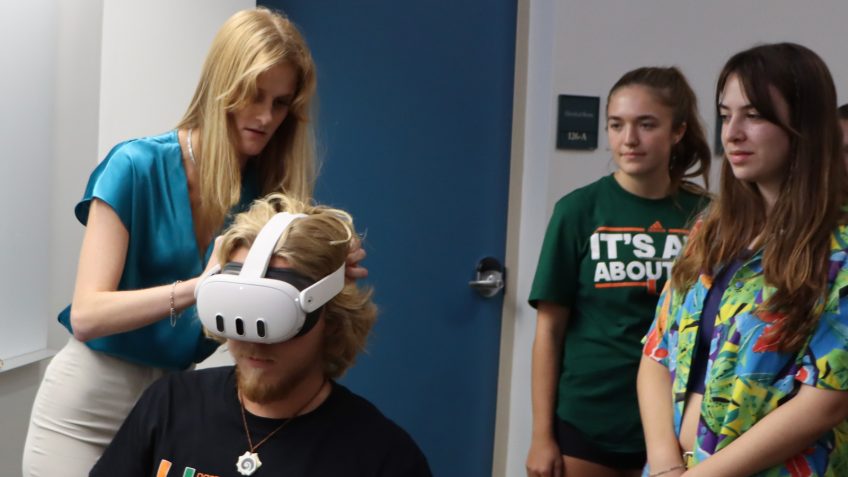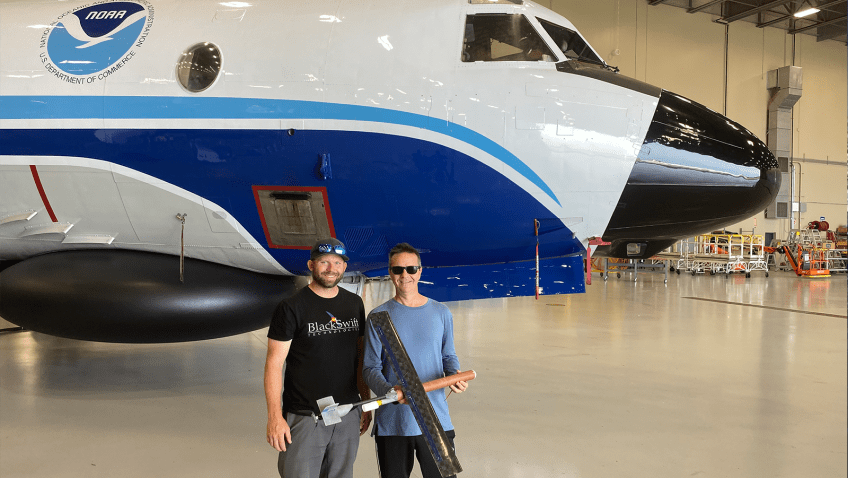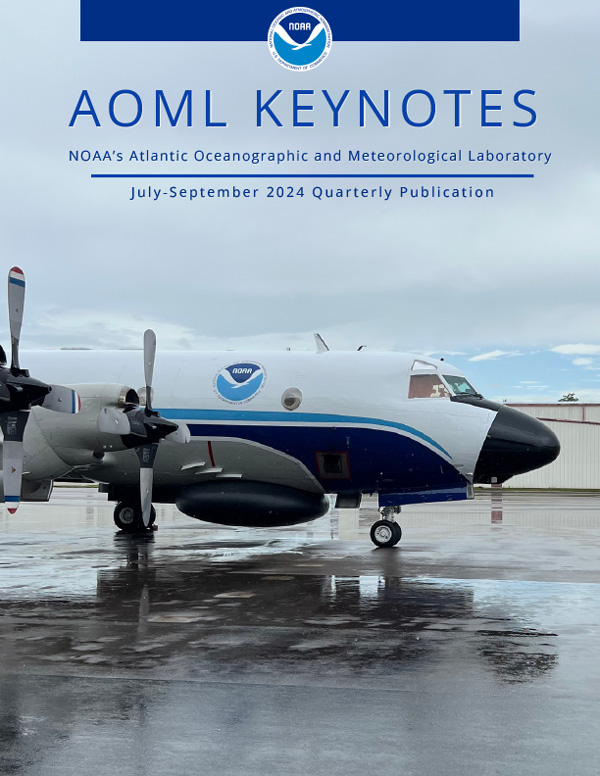Join a research mission from home: Unveiling AOML’s virtual reality experience
VR technology represents a new frontier in science communication, and NOAA’s Atlantic Oceanographic and Meteorological Laboratory (AOML) is using it to invite everyone on a research mission alongside their scientists. This virtual reality research experience is a project for Masters student Devon Ledbetter, who works as a science communication intern at AOML. Devon’s project aims […]











